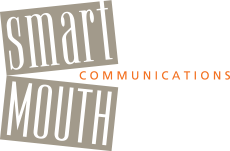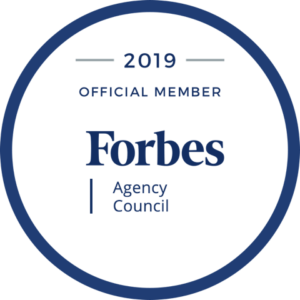 There’s a lot of good advice out there about public speaking. Much of it is geared toward aiding the speaker. I want to throw some advice into the mix that’s helpful to the speaker and the audience: Keep your sentences short and crisp!
There’s a lot of good advice out there about public speaking. Much of it is geared toward aiding the speaker. I want to throw some advice into the mix that’s helpful to the speaker and the audience: Keep your sentences short and crisp!
Speakers do best when they prepare a talk in bullet points rather than prose.
Preparing by writing a long prosaic document is problematic for a couple of reasons. For starters, speakers tend to get attached to the words, phrases and sentences they’ve composed. This is dangerous! It means the speaker is likely to feel compelled to read at the podium – which is bad for obvious reasons – or to memorize, which runs the risk of producing robotic delivery. Being conversational and staying connected with your audience, even if your presentation is imperfect, are still preferred.
On the other side of the podium, audiences need pace and rhythm and patter.
For audiences, long, wordy sentences become a maze for the ears, something to get lost in. Preparing for a speech or presentation by writing a lengthy, thorough, fully accurate script for yourself produces something that readers, not listeners, would be willing and able to digest. Listeners need things to keep moving along at a clip. They need the speaker to start and finish a thought quickly in order to hang in there and actually get it. Speakers, don’t forget: you’re the subject matter expert, you’re steeped in your stuff, but it’s the audience’s first time hearing your material.
Move from script to bullet points.
You can always begin your preparation for a presentation by writing out a full-text script. It can help you establish order, organization, and some of your key phrases. But then you would be wise to use that script only as a practice tool. As soon as you can, switch over to bullet points and then rehearse your talk from those. But watch yourself – keep a lid on those long-winded, run-on, multi-clause sentences. Set a standard and a pace for yourself that requires you to make your sentences short, crisp, distinct units.
Good luck, your audiences will thank you!
- New Agey Advice for Nervousness - November 3, 2022
- Your Passion Can Go a Long Way Toward Building Connection - October 10, 2022
- Keep stage fright a private matter while you’re speaking on a public stage! - August 11, 2022



